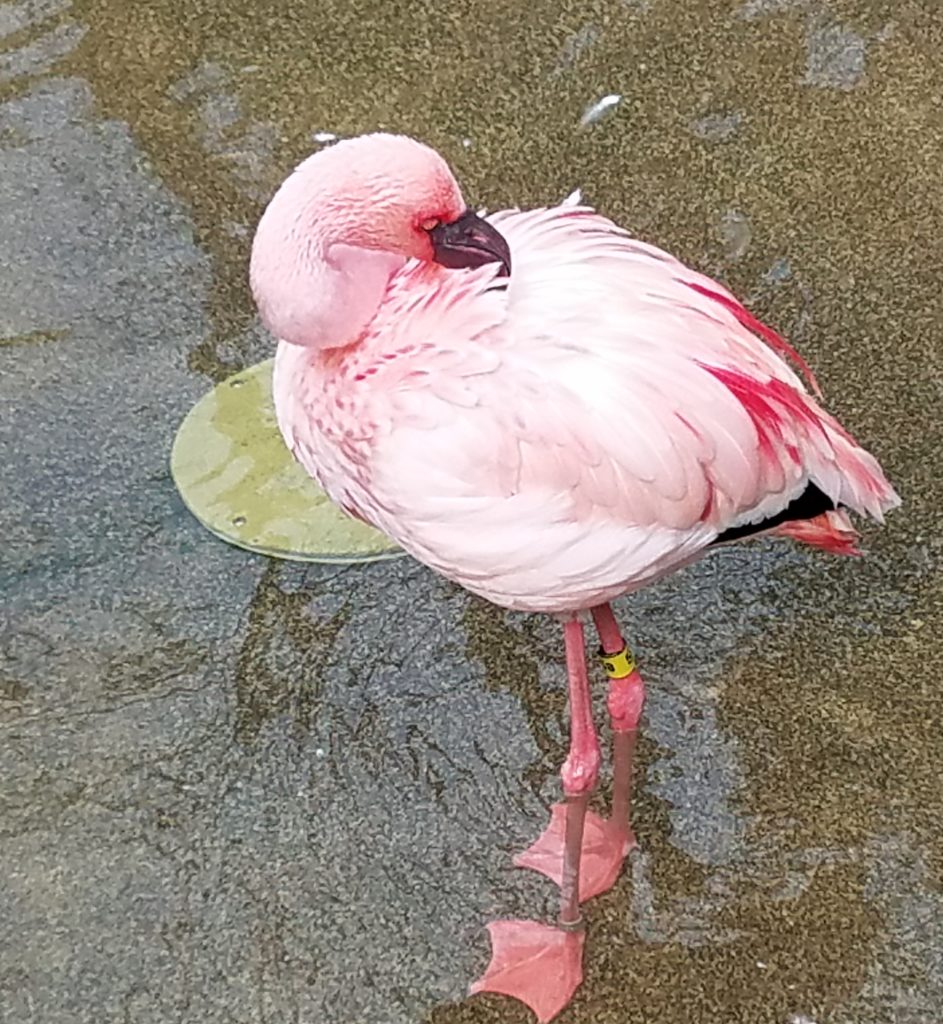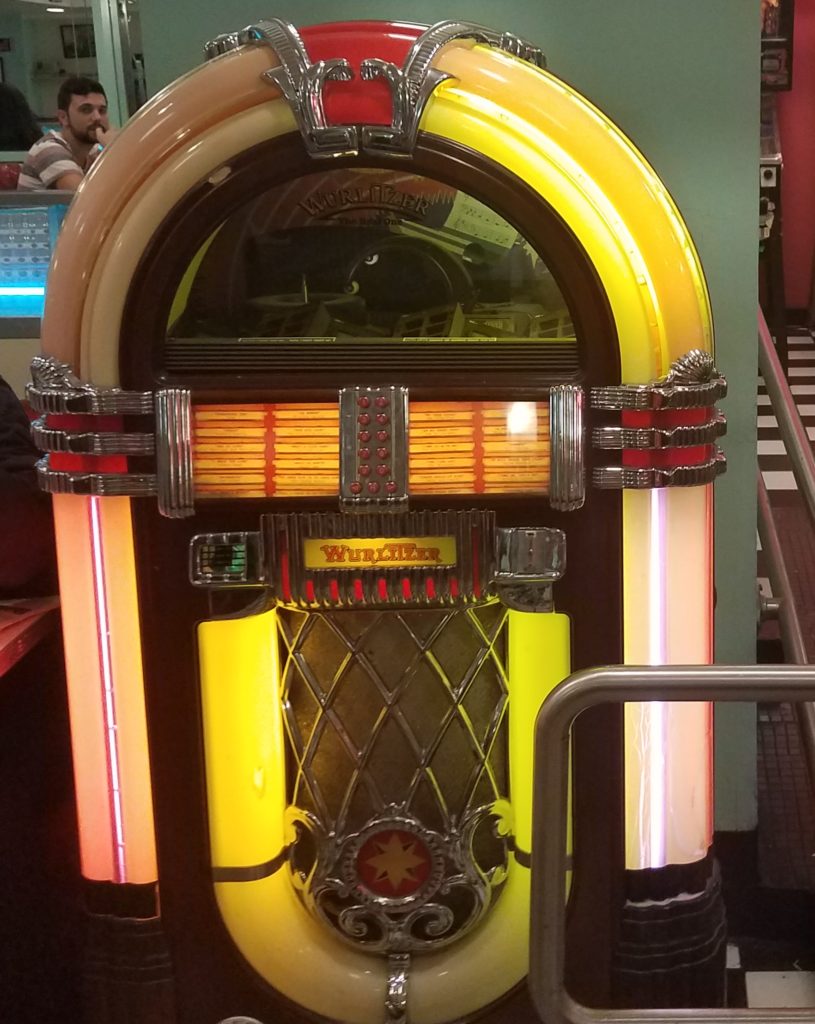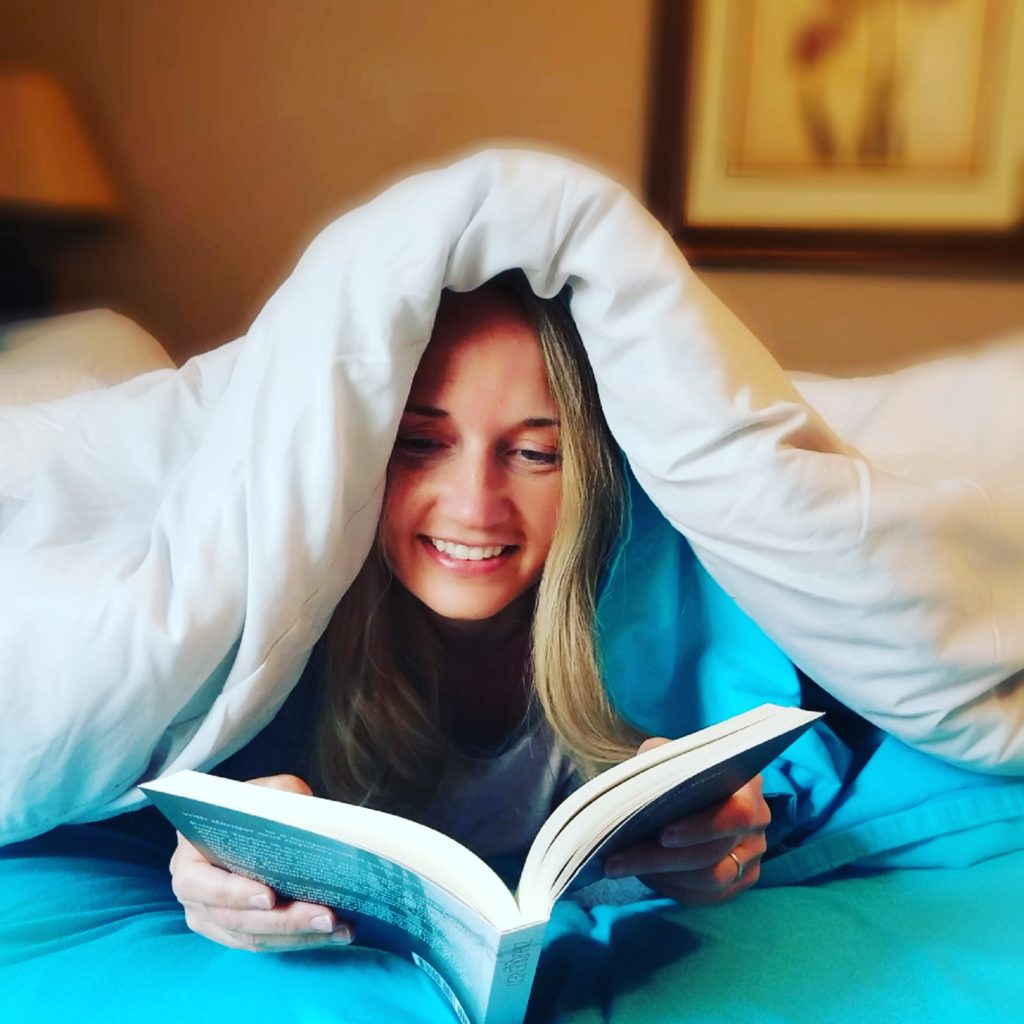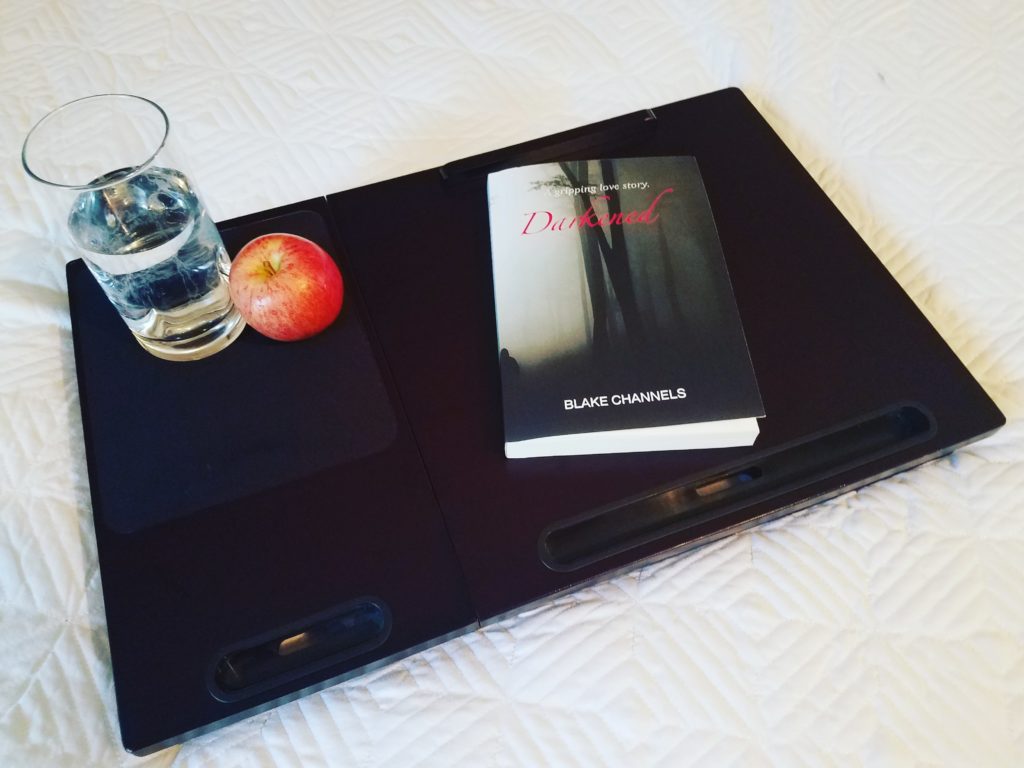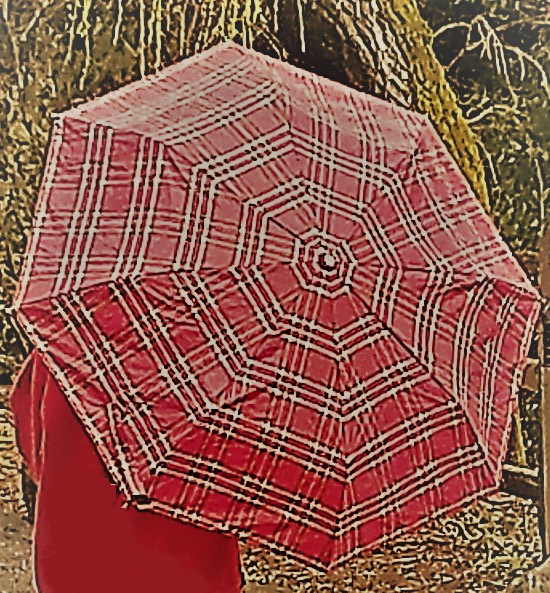
Last summer my family finally talked me into buying a new dog. He’s an adorable, energetic little thing we named Groot Vader. Part Maltese, part Yorkie, part Poodle – 100% attitude. Our little Morkie-Poo.
It took my family awhile to convince me to get a new dog. Years, actually. The way I was raised, pets were NOT allowed inside the home. If on the rare occasion we brought a family pet indoors, said pet remained on the tile – off the carpet and OFF the furniture. I am also a bit of a neat-freak, so the idea of an animal scratching at doors, piddling on the floor, or shedding on the furniture was unthinkable.
I eventually gave in when I saw a picture of Groot. With his black, curly fur and soft coal-colored eyes, he looked so fluffy and sweet. Between that and seeing the pleading eyes of my little girls, this was one battle I knew I would not win. So, I said, “yes,” we made the deposit, then waited patiently (not-so-patiently) until our new puppy was ready to come home with us.
Groot had several litter-mates, but I knew I’d made the right choice when I approached the dog pen, and while the other puppies shied away, Groot walked up, tail wagging, and bit my finger. He was all spunk from the beginning, but soon we would see who was boss (spoiler alert – turns out, it’s not me).
The transformation of how I viewed inside dogs was a slow one. At first, I gated off the carpeted areas and the furniture was a big no-no. Fast-forward a few weeks and we were letting Groot on the carpet. After all, he had few accidents. He only wanted to be in the same room as us. It wasn’t long before he claimed the furniture. Fine, what could it hurt? He’s hypoallergenic and really doesn’t shed. But I drew the line at him sleeping in bed with us.
Each night I put Groot in his little activity pen, patted his head, and told him goodnight. He had his dog bed, favorite blanket, water, and chew toys. I convinced myself that he liked having his own space (though his sad little eyes as I walked away were hard to miss).
He did sleep all night, and never whined, so he must not have hated it too much – so maybe it was me that just felt guilty and missed him; and perhaps the sad eyes were a product of my own imagination. Whatever the case, one night before bed I thought I’d let him sleep in the bed with my hubby and me just the one time.
To my amazement, he slept all night – snuggled at my feet. He looked happy and peaceful. Okay, maybe one more night. Then another. Fine, I’ll scoot over. Still another night. You’re right, this bed is big enough for three.
I gave up on fighting it. I’m not sure at what point I became a dog lover, but it happened. Now, as part of my nightly routine, I place Groot in bed with us (a fact I was able to keep hidden from my mother until she took it upon herself to make my bed and found Groot’s gnarled rawhide bone between the sheets. Busted! I got a fit of the giggles and told her it was mine.).
Now, every night, Groot makes a big production of digging into the covers (as if digging a hole), he plops down next to me, let’s out a final hmph (as I noted, attitude), then drifts off to sleep. I find it best to let this sleeping dog lie. His paws may sometimes be dirty, his breath smells like dogfood, but he’s part of the family now, and we sure love having him around.

